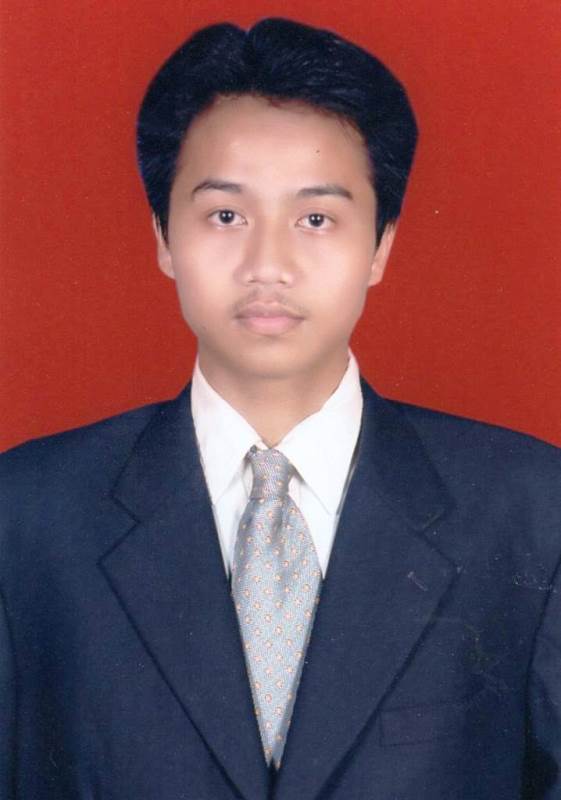bio.fsm.undip.ac.id. – The Biology Undergraduate of Diponegoro University held a general lecture with the theme “Lidar in Ecological Research and Conservation Monitoring.” This public lecture presented by Jed Calvert, Ph.D. from Arbor Meta, Australia as speaker. The activity was assisted by Rully Rahadian, Ph.D. from the Department of Biology, Diponegoro University who acted as a moderator. The event was held on Monday, October 28, 2024, at 13.00 WIB in Building G, 3rd floor, Faculty of Science and Mathematics, Diponegoro University.
In this public lecture, Dr. Calvert explained about the Lidar (Light Detection and Ranging) tool and its application in ecological research and conservation monitoring. Lidar technology is a tool that makes it easier to map habitats, estimate biodiversity, and monitor environmental changes with high accuracy without having to do manual sampling which takes more time and resources. In addition, Lidar can also be used to calculate the estimated amount of carbon reserves available in nature. The students and lecturers who attended gained in-depth insights into Lidar data collection techniques and their potential in natural resource management and conservation.

The event moderator, Dr. Rully Rahadian, led an interactive discussion and enriched the participants’ experiences with an active Q&A session. The students were very enthusiastic in listening to the material and conveying their curiosity in the Q&A session with Dr. Calvert. This event is expected to increase the understanding of Biology students at Diponegoro University regarding the application of modern technology in ecological research and strengthen their commitment to environmental conservation.
Through this public lecture, Diponegoro University continues to be committed to enriching students’ academic insights, providing exposure to competent researchers from abroad, introducing the latest scientific developments, and supporting conservation efforts through a science and technology approach.


